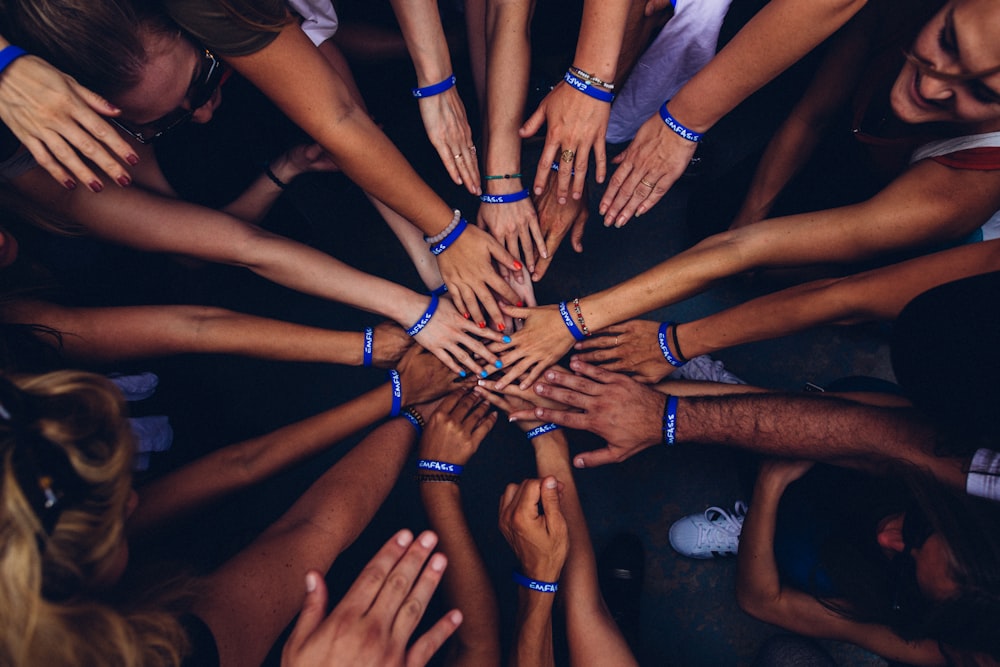
Everyone seems to be talking about soft skills these days and it's for good reason too. They really can be the difference between a long and success career, and one spent sitting on the sidelines not being asked to play.
So what are Soft Skills?
Soft skills are the personal attributes, personality traits, and communication abilities that recruiters look for in candidates. Soft skills provide a great indication of how a person interacts with others and if they will compliment the company culture and their direct team members.
It doesn't matter how good your hard skills are, if you don't have good soft skills to round you out, you'll never progress in your career. There are plenty of soft skills that all digital artists should learn. Many of them take time and practice so you might not get them straight away, but the key is to understand their importance, learn from others and put the effort into improving yourself.
Soft skills are much harder to learn and measure when compared to hard skills which are directly relevant to creative and technical artistic skills.
Thinking Critically
Working on creative projects isn’t straightforward. You need to carve out solutions to everyday problems while working as an artist. Whether you're dealing with conflict at work or just in your everyday life, you need to think out a solution, accept the results, and adopt a problem-solving mindset that will take you far in your career.
Communication Skills
From emails to meetings and interviews, there are plenty of situations in the creative world where it pays to have good communication skills. Good communication includes verbal, non-verbal, written, and digital. It's also equally important to be a good listener, being able to effectively present ideas to others, and developing a stronger working dynamic with your boss.
I can't tell you the amount of times that I've interviewed artists and they can't even introduce themselves or talk about their work. I get it, interviews can be stressful but practice putting yourself in situations where you need to communicate your ideas and introduce yourself. The more you do it, the more comfortable you will become.

Organising, Planning, and Prioritising Work
Being able to plan and work to a schedule is a critical soft skill for all artists. Without these skills, people can't rely on you and they will be unlikely to extend your contracts.
Everyone knows project briefs change, technical issues occur and sometimes you just aren't in the creative zone. These factors all impact and influence even the best plans for delivery. However, these are not an excuse. Communicating issues and prioritising your work are key to any successful project.
Conflict Management
Sometimes it seems like the world is full of difficult people. While it might seem that the easiest remedy is to lock yourself up at home and avoid people, we eventually have to step outside and interact with someone - especially if you're working on a project together. Knowing how to deal with difficult people and to manage your anger will help you in the long run.
Taking initiative
There is nothing better than an artist who demonstrates enthusiasm and drive when working on a project. Be a self-starter who takes the initiative and seeks out tasks. Be an artist that does research, speaks with other artists and finds solutions rather than stopping work until someone else steps in. Just because there is an issue stopping you from working, or a design brief that isn't working is no reason to step back and expect others to solve problems.
Build Strong Relationships
Developing a sense of professionalism is vital for building contacts, growing your networks and ultimately securing your dream job. Being able to communicate effectively, and cultivate strong interpersonal relationships is key to getting ahead and being asked to work on new projects. Put the effort in, approach people and get along to meetups and events. You never know who you'll meet and it's a great way to practice all these soft skills.
Manage your emotions
Losing your cool in a meeting or on the floor is one of the worst things you can do in any job. Working in games, film and design can be quite stressful. Artists are know to work long hours and have to deal with complicated clients and creative briefs. This is why you need to work on self-management, empathy, and reasoning especially when it's crunch time.
Effectively communicating
It's crucial to effectively communicate with team members about a brief, deliverables, problems and anything that may affect your work or the work of others. Great communication skills also apply outside of the workplace - using appropriate language and decorum via social media channels and other platforms to connect with peers and mentors within your industry will get you that connection a lot easier. People who don’t learn how to do this effectively, are usually memorable, but for the wrong reasons.

Collaboration
Everyone who works in the creative media industry often work in large teams. No matter how big, being able to work with others is critical if you want to progress in your career. Even the very best artists are only as good as their team, and causing friction with others isn't going to get you anywhere.
Time Management
Time management is something many of us struggle with, but you can get the hang of it with a little practice. At its core, time management is the process of planning and controlling how much time to spend on specific activities. Good time management enables artists to complete more in a shorter period of time, lowers stress, and leads to more opportunities.
A great tip to get better at time management is to set goals that are achievable and measurable. Use the SMART method when setting goals. In essence, make sure the goals you set are Specific, Measurable, Attainable, Relevant, and Timely.
You should also set time constraints for completing tasks as this helps you be more focused and efficient. Making the extra effort to decide on how much time you need to allocate for each task can also help you recognise potential problems before they arise.
Soft skills might not be as interesting as the latest software release for Unreal Engine, or as exciting as watching your renders come off the farm, but they are really important if you want a successful career in film, games and design.
You are the only one in control of your soft skills so make sure that you put time and effort into improving them. They might not be listed on your LinkedIn profile, and you might be able to bluff your way without them for a little while, but don't ignore them as they will catch up with you in the end.
